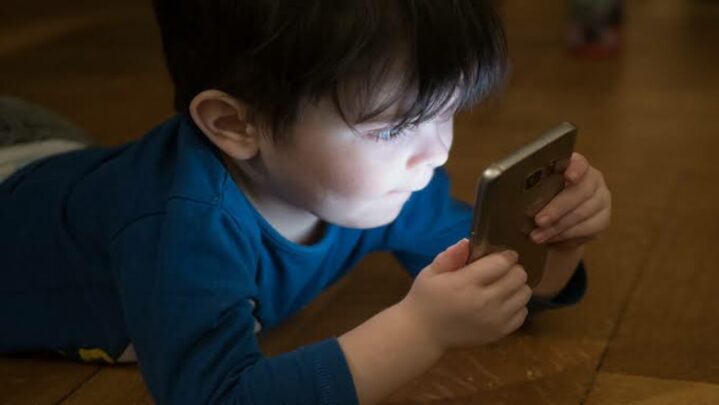Children are receiving a lot of screen time right now, and you shouldn’t feel bad about it while dealing with school and daycare closures. Screens, on the other hand, can have some detrimental impacts on children’s eyes, and there are things you can take to mitigate the risk.
Blurriness, visual tiredness, and dry eyes are just a few of the issues that screens have been linked to in adults. Here are a few things you can do to keep their eyes safe from devices.
Communicate with them
It’s vital to ask a child how their eyes are doing, but keep in mind that they might not be aware of a problem or know how to communicate it. They might have dry eyes but don’t know how to express it, so they can’t notify a parent they’re having problems. Alternatively, they may observe the world and think that everyone else does as well.
Go for big
It’s not uncommon for a child to lie down on their stomach and stare at a screen from a very close distance; the child is likely to hold the device significantly closer in this position. When you hold items closer together, your eyes have to work harder. Casting films from a child’s gadget to a TV, for example, can encourage them to watch videos on larger screens.
Set them up correctly
The statement also suggests paying attention to how children’s screens are set up ergonomically because they may be stressing their necks as well as their eyes. Chairs, for example, should allow children’s feet to rest flat on the floor, and computer screens should be at eye level and arm’s length.
Take frequent pauses
In addition to restricting screen time, the statement advises children to take a break from the screen at least every half hour to allow their eyes to rest. This includes activities such as going outside or doing something where they are not focused on an electronic gadget.
Step outside
Going outside, in fact, can benefit children’s eyesight. Though it was previously thought that screen time was causing an increase in myopia (nearsightedness) in children, there is a greater correlation to not spending enough time outside that could be to blame. Natural light is thought to be good for eyesight, according to experts.
Keep reading successyeti.com.
Also Read: Types Of ADHD & Its Symptoms For Children





